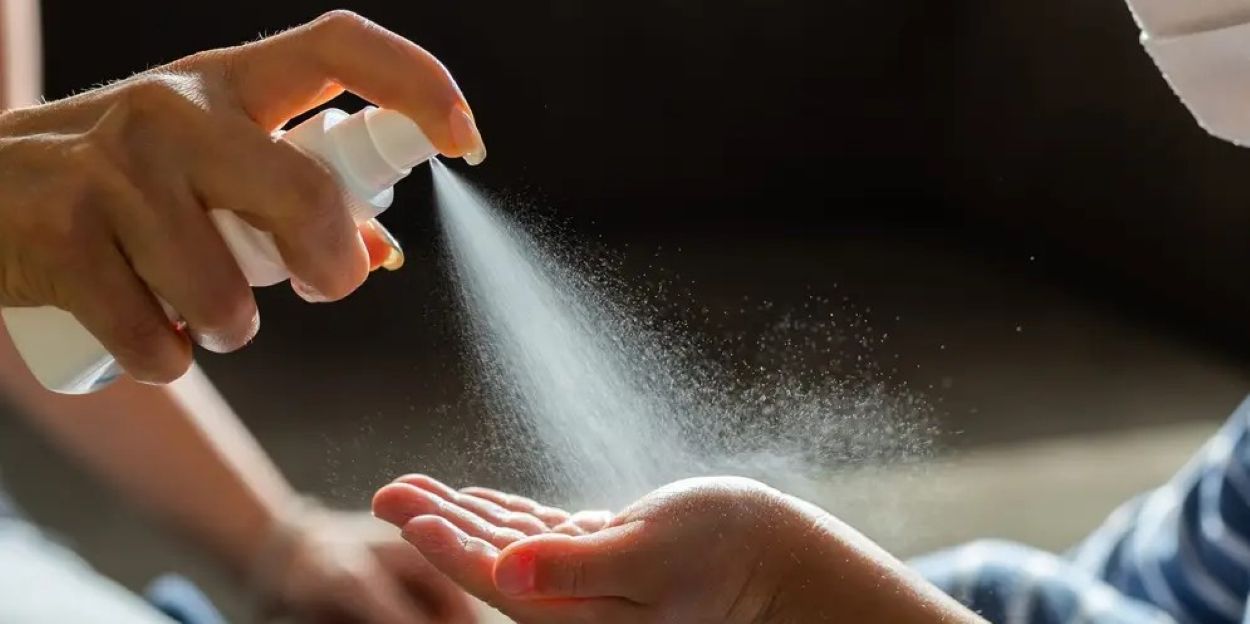The European Union (EU) is evaluating a potential ban on ethanol in hand sanitisers and other biocidal products. This follows a new scientific review linking the commonly used antiseptic to a higher risk of cancer and reproductive toxicity.
The proposal stems from internal advice issued on October 10 by a working group of the European Chemicals Agency (ECHA). The group recommended classifying ethanol as a hazardous substance. They cited evidence that long-term exposure may increase cancer risk and cause complications during pregnancy.
Ethanol and Cancer: What’s the Concern?
Experts clarified that the risk is not from occasional hand sanitiser use. Instead, it comes from long-term cumulative exposure, particularly through inhalation of vapours or absorption through the skin.
According to the ECHA’s analysis, ethanol could be both carcinogenic (cancer-causing) and reproductively toxic when used repeatedly over time. If approved by the Scientific Committee, this classification could lead to a recommendation. Thus, ethanol might be replaced in disinfectants, sanitisers, and other biocidal products across the European market.
EU weighs ban on ethanol used in hand sanitisers over cancer fears, FT reports https://t.co/bnvBTALxb9 https://t.co/bnvBTALxb9
— Reuters (@Reuters) October 21, 2025In an email statement to Reuters, the ECHA confirmed that its assessment is ongoing. The agency stated that if its expert panel “concludes that ethanol has the potential to cause cancer or harm human reproduction, it would recommend its substitution.”
What Happens Next
The findings will be discussed at the ECHA Biocidal Products Committee meeting, scheduled for November 25–28, 2025. The European Commission will make the final decision based on the committee’s scientific review.
However, ECHA emphasised that no final ruling has been made. The regulator told the Financial Times that ethanol may still be approved for use in certain biocidal products. This would be the case “if exposure levels are deemed safe or if no viable alternatives are available.”
This possible EU move contrasts sharply with the World Health Organisation’s (WHO) position. The WHO lists ethanol and isopropanol as safe and effective ingredients for hand hygiene.
Public health experts note that the EU’s review reflects the precautionary approach often taken by European regulators. They tend to act conservatively in the face of uncertain scientific evidence. If implemented, this decision could reshape the formulation of sanitisers and disinfectants across Europe. It may also affect industries dependent on ethanol-based cleaning products.






